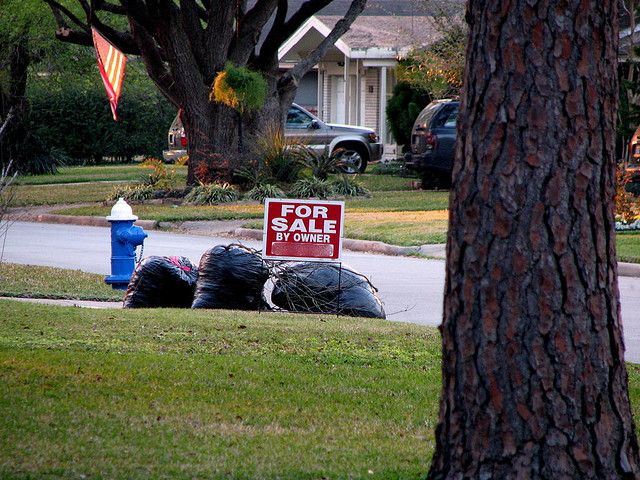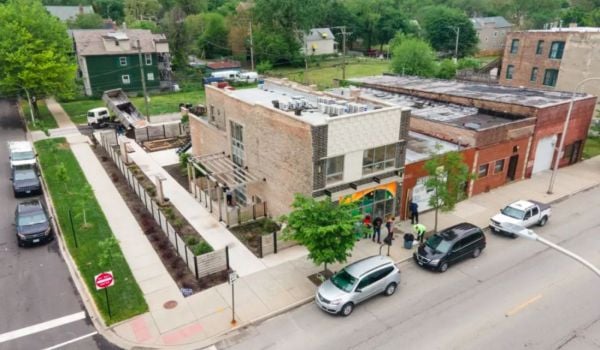If you’re wondering why neighborhoods are still largely racially segregated, ask your real estate agent. Blacks, Latinos and Asians shopping for homes were shown fewer options than whites in 2012, according to a new study from the Department of Housing and Urban Development and the Urban Institute.
The researchers conducted pair testing, where a white person and a person of color visit a real estate office to talk about renting or buying homes. Each person had the same income, assets and employment — they looked the same on paper. Whites were shown more units. And it’s happening across the country. Researchers went through the process more than 8,000 times in 28 different regions.
If racial profiling by real estate agents doesn’t bum you out enough, the Urban Institute revisited “The Negro Family: The Case For National Action,” known as the Moynihan Report. Ta-Nehisi Coates examined the study over at The Atlantic yesterday and, well, things are worse than they were when the original report on black poverty in America was released in 1965. For all the hope of a post-racial America after Obama was elected, neighborhoods look awfully similar to the way they did 50 years ago. And the opportunities are just as scarce.
“In fact, the average high-income black person lives in a neighborhood with a higher poverty rate than the average low-income white person,” goes the Moynihan Report Revisited. Coates, arguably America’s brightest writer on race, put a fine point on it: “It’s worth considering the message a society sends to its citizens with data like this. If you are an African-American aspiring to affluence, you can expect to live in a neighborhood that is about as impoverished as the average poor white person.”
It bears repeating: It’s 2013 and real estate agents are showing more options to white people than people of color. If you’re upper middle class and black, odds are you’re living in a neighborhood equally impoverished as poor white people. So much for upward mobility.
This all comes on top of another stat that the National Bureau of Economic Research found last year: Blacks and Latinos pay an average of 3.5 percent more for homes than whites.
There has got to be a way to make neighborhoods diverse and close the inequality gap in the housing market. And I’m not talking about a local news crew doing an undercover real estate agent bust. The HUD study’s authors suggest that local governments need to be more proactive about preventing discrimination. That would be a start. I don’t think real estate agents need to adapt the NFL’s Rooney Rule, where each team must interview a minority candidate for head coaching jobs. But it wouldn’t hurt if local governments paid attention to the grave disparities in the housing market. If they don’t, U.S. neighborhoods will remain stuck in 1965.
The Equity Factor is made possible with the support of the Surdna Foundation.

Bill Bradley is a writer and reporter living in Brooklyn. His work has appeared in Deadspin, GQ, and Vanity Fair, among others.

















